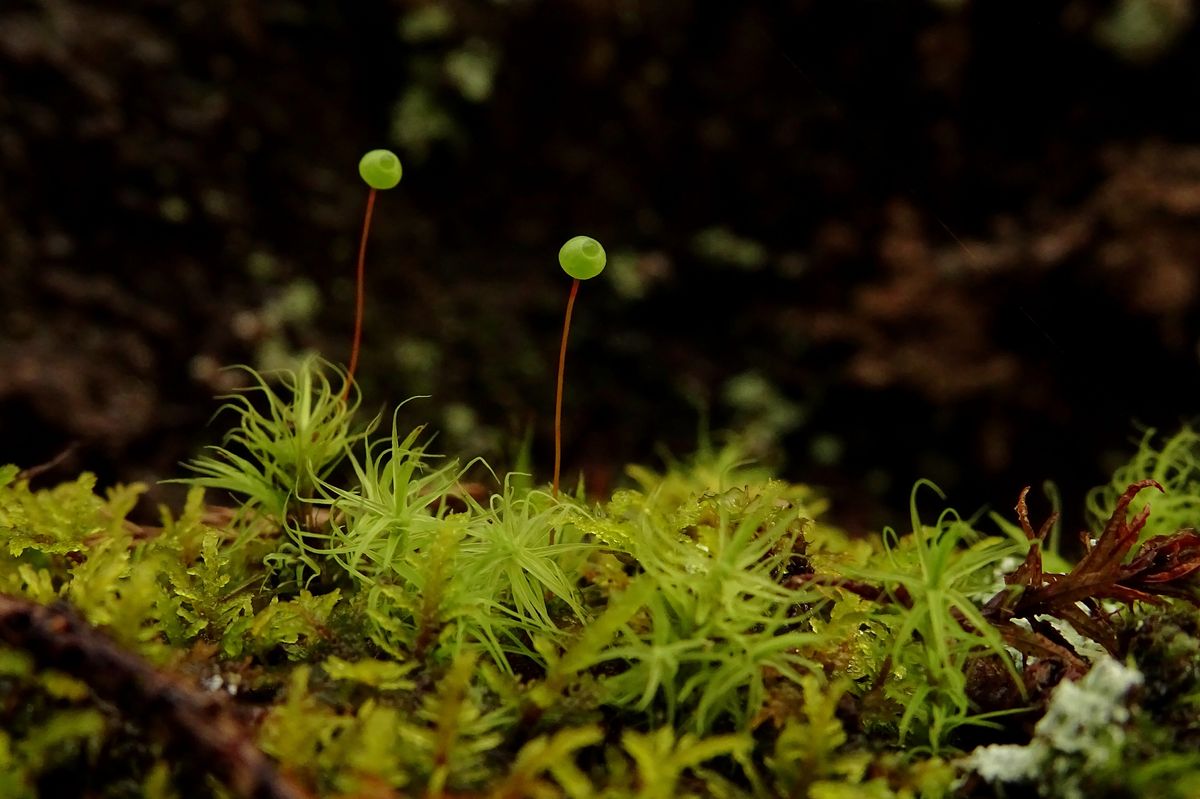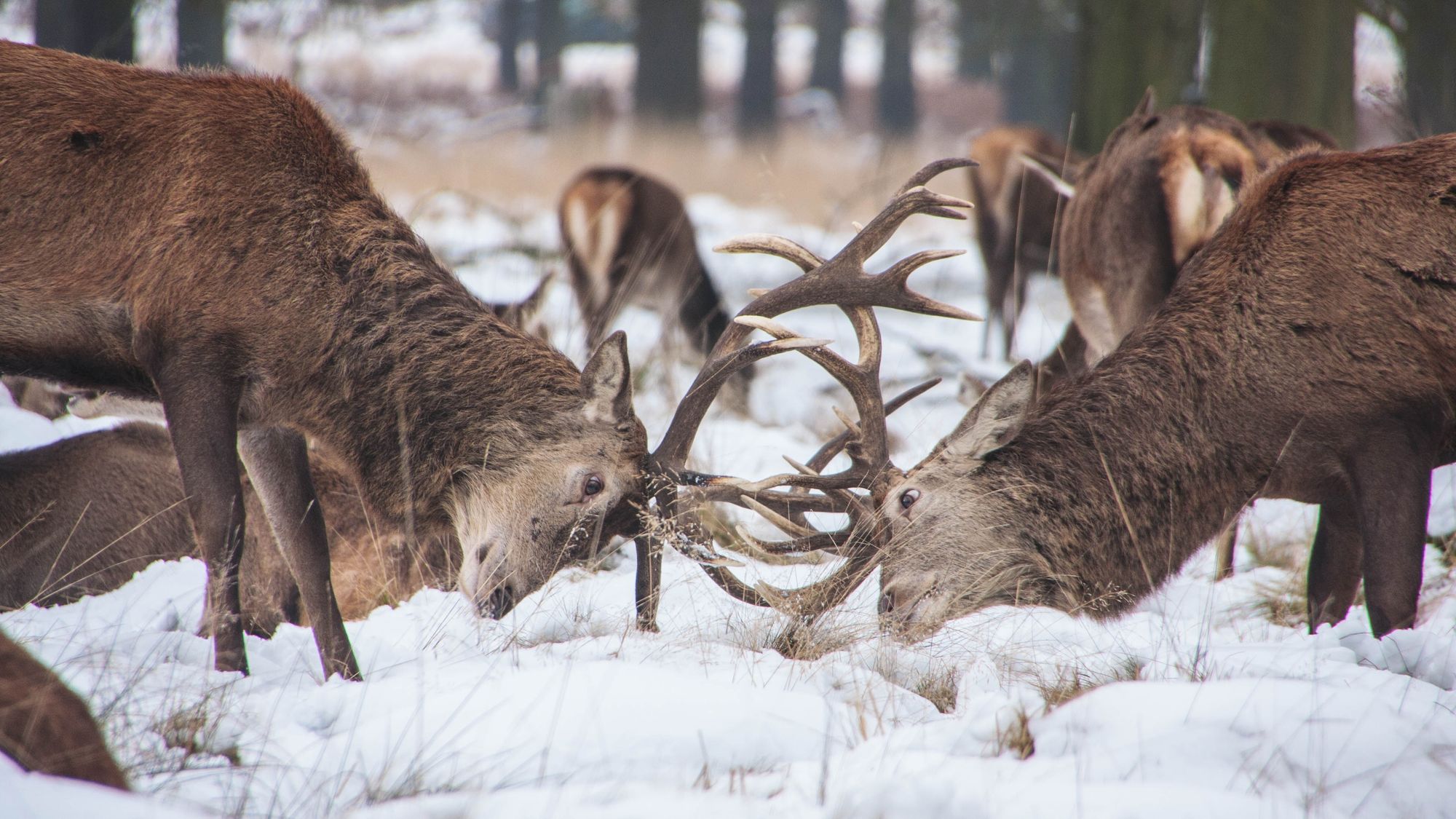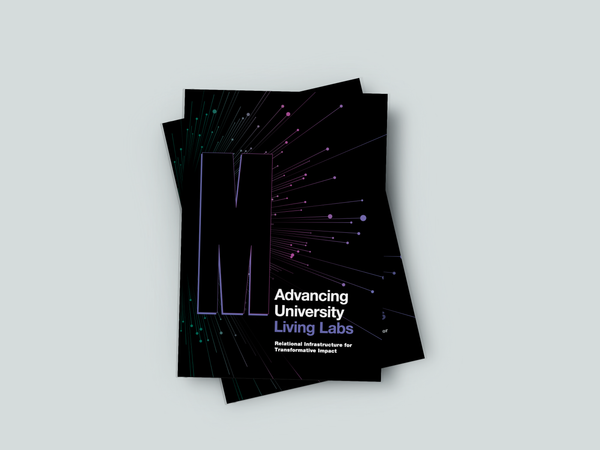Fieldnotes - Towards Complexity 101
Why are systems thinking and complexity so... complex? In this post I share one activity and 6 resources to help you to be more comfortable in the complexity of our world.

Complexity is too.... Complex.
What do people mean when they use terms like Systems Thinking and Complexity? Why are the definitions so dense and hard to engage with? Why are they so... complex?
"the complexity of a system emerges from the interactions of its interrelated elements as opposed to the characteristics of those elements in and of themselves. Complexity science is the study of such emergent system behavior, and seeks to understand how the complex behavior of a whole system arises from its interacting parts. Complex behavior generally cannot be reduced to, or derived from, the sum of the behavior of the system's components."
- Complexity Explorer, Glossary: Complexity
I absolutely understand why people (even, in truth, myself), struggle to fully understand and engage with these sorts of definitions. So when one of my friends put a call out to this end, I decided to respond. This post is an edited version of that response.

The first rule of Systems & Complexity Club is don't talk about systems and complexity.
The second rule of Systems & Com.... oh never mind.
My interest is peaked, and I would love to hear more about what you're thinking of applying any insights you may gain about the aforementioned, to.
There's a few resources I lean into when it comes to getting people started on a journey away from 'world as machine', and into 'world as dynamic mess'. I find context is really important for knowing whether you're thinking about complexity in relation to your garden, your community, obesity across North America, or whatever else. Likewise, who the audience is would make me vary my suggestions wildly.
Let's be honest about this. The real work is to un-learn our reductionist Cartesian education (~ everything is individual and distinct from one another), which has been drummed into many of us through most of our lives. This is not an easy journey, but it is supported somewhat if we fall in love with moss.

Bear with me.
We need to fall in love with moss, because it's a perfect example of complexity which can sit in your palm.
Instead of trying to understand complexity intellectually, I believe we need to feel it, and re-awaken our innate understanding of it.
So, I have a few suggestions for how I'd start if I was doing Complexity 101.
- Firstly I would start with a simple activity;
Sit and look at a patch of dirt for half an hour. Notice the different types of plants and critters in that patch. Think about their relationships. Think about the soil that the plants are growing from. Think about what's under the soil. Think about how they relate to the wind, sun, rain, etc.
Well done. You're now doing systems thinking. - Secondly, I would start to read a few resources which use story and metaphor to bring a "system" to life in a way we can understand. Linda Booth Sweeney has done a bunch of work in this space and does some excellent sharing on her website with 'systems thinking' books and resources for adults and kids.
- I also heard about Roland Krupers work to write a module for school children working through the International Baccalaureate (IB), and am really excited as there's some great resources and study guides in here. You can read the creative commons Complexity for IB resource (PDF) here.
- If you want to get a little more technical and into the meat of the theory, I highly recommend one of Donella Meadows' last pieces of writing - 'Dancing With Systems' which you can read on her website here.
- I would also highly suggest you listen to Jean Boulton (author of one of my favourite books in this area - Embracing Complexity) talking about complexity and the likes on an episode of the Human Current podcast (which is a goldmine of very geeky content in this zone).
- I am also very much enjoying Nora Bateson's excellent contributions to this arena, so you can hear Nora talking to Doug Rushkoff on the Team Human podcast about her concept of 'Warm Data' and more too.
- Finally if there's really nothing else to do, you could read my Masters section which focuses in this area ;)
So I hope that helps you on your journey.
In reality, #4 - #7 are definitely 201+, but I have high expectations of people who read my ramblings, so I figured I'd sneak them in there too!
I always enjoy reading any thoughts and ideas which spark for people in these sorts of posts, so please do feel free to send me a message through the chat tool on the bottom right.





